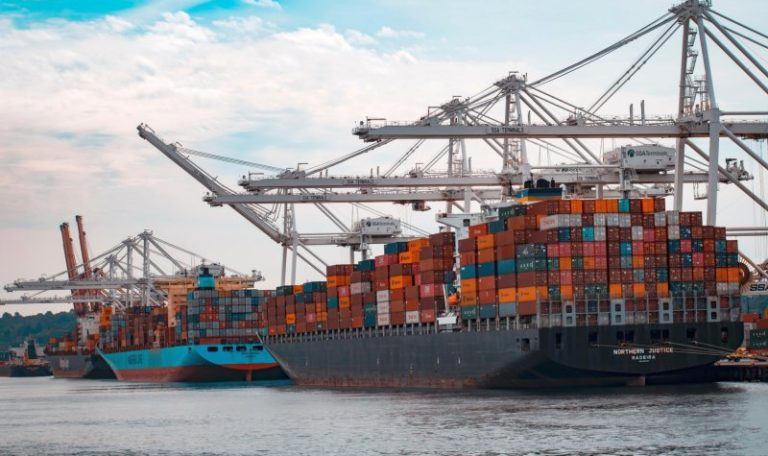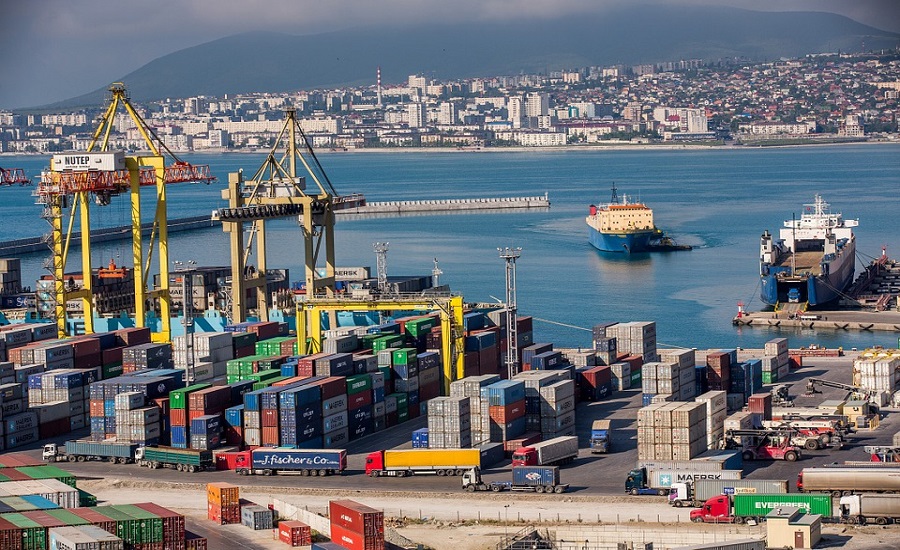
Ghana’s current account deficit is anticipated to increase this year to 5.8% before marginally decreasing to 5.2% in 2024. This is higher than any prediction made by global research organizations. The World Bank’s October 2022 Africa Pulse Report claims that the worsening current account balance is consistent with both the rising import costs and the depreciation of the cedi.
Once more, it predicted that nations who are members of the West African Monetary Union will see an increase in their deficit from 4.1% in 2021 to 6.3% in 2022 before falling to 4.6% the following year. In a similar vein, the current account deficit for non-resource-rich countries would increase as a result of growing import costs fueled by skyrocketing food and fuel prices, however, the size of the deficit is anticipated to decrease to 5% in 2024 from 7% in 2021. The remaining countries are mineral and metal resource-rich, and more than two-thirds of those with double-digit current account deficits are non-resource-rich.
Fitch Solutions predicted earlier this year that Ghana’s current account deficit will decrease from 3.2% of GDP in 2021 to 2.8% in 2022. As a result, it stated that this was a downgrade from its prior 2022 prediction of a deficit of 3.1% of GDP, reflecting weaker-than-expected growth in merchandise imports of 7.7% year-over-year over the first four months of 2022, while exports expanded by 17.1%.













